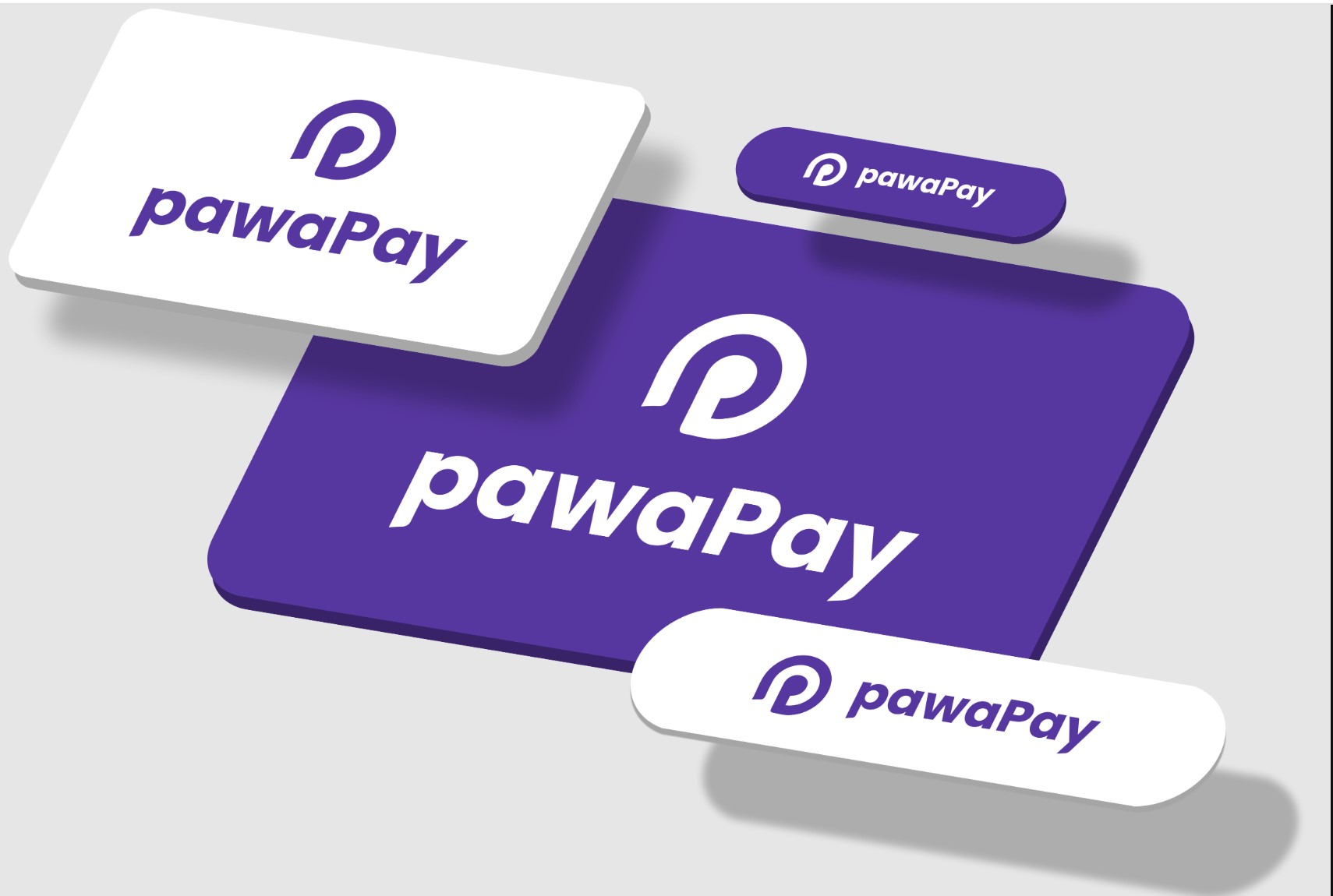PawaPay Hits $1 Billion in Transactions, Expands Beyond Africa’s Big Four Economies

PawaPay, a leader in mobile money payment systems in Africa, has surpassed $1 billion in transactions. This is a major milestone for a company dedicated to enhancing mobile financial services across Africa. While PawaPay has gained prominence by working with Africa’s “Big Four” economies—Nigeria, Kenya, South Africa, and Egypt—its future strategy appears to shift toward expanding services in other African markets. As the demand for digital financial services surges across the continent, PawaPay aims to capitalize on this growing opportunity.
The Growth of Mobile Money in Africa
Africa is undergoing a financial transformation driven by mobile money services. Traditional banking systems have long struggled to meet the needs of the majority of Africa’s population. Limited access to banks, high transaction costs, and a general lack of trust in conventional financial institutions have kept millions of Africans from participating in the formal economy.
Enter mobile money. These systems offer fast, reliable, and secure ways for people to send and receive money. From paying bills to sending remittances, mobile money solutions are empowering millions of unbanked and underbanked Africans to access financial services. This shift is reshaping the economic landscape and fostering greater inclusion across the continent.
PawaPay is a prime example of a company leveraging mobile technology to close the financial gap. By facilitating secure and efficient mobile transactions, PawaPay is giving Africans a reliable alternative to traditional banks.
Why PawaPay’s $1 Billion Milestone Matters
Hitting $1 billion in transactions is not just a numerical achievement. It’s a strong signal of the growing importance of mobile money in Africa’s financial ecosystem. PawaPay’s success demonstrates the significant demand for mobile-based payment systems and validates the need for further investment in this sector.
Reaching this figure highlights PawaPay’s reliability and effectiveness in processing a large volume of transactions across different African markets. This reinforces the idea that mobile money systems can serve as the backbone of Africa’s emerging digital economy.
But the real impact goes beyond the numbers. For many Africans, PawaPay represents a lifeline to a better financial future. With the ability to easily transfer money, people in rural and underserved areas now have more economic opportunities. This financial access can directly contribute to poverty alleviation and economic growth across the continent.
Moving Beyond the Big Four Economies
PawaPay’s early success has been largely centered in Africa’s Big Four—Kenya, Nigeria, South Africa, and Egypt. These markets are important for any company looking to make a mark on the continent due to their economic size and high population densities. However, these nations also present their own set of challenges, including intense competition and regulatory hurdles.
Recognizing this, PawaPay is now looking beyond these four countries. Africa is a continent of 54 countries, many of which are experiencing rapid economic growth and a rising middle class. Expanding into underpenetrated markets such as Tanzania, Uganda, and Ethiopia offers significant opportunities. These countries have growing demand for digital financial services but lack the same level of competition found in the Big Four.
This strategic pivot could prove crucial in securing PawaPay’s future growth. By diversifying its geographic focus, the company can reduce its reliance on saturated markets while tapping into new areas of demand. This will not only strengthen PawaPay’s market position but also help in spreading the benefits of mobile financial services to more people across Africa.
The Role of Mobile Money in Financial Inclusion
Financial inclusion remains one of the biggest challenges facing Africa today. Millions of people are still excluded from the formal banking system, limiting their ability to save, borrow, or even engage in everyday financial activities. The rise of mobile money has the potential to change that by giving people access to the financial tools they need to improve their lives.
PawaPay’s growth illustrates the critical role that mobile money can play in financial inclusion. By offering seamless, affordable, and accessible payment services, PawaPay allows users to participate in the digital economy without needing a traditional bank account.
This is particularly important for rural communities, where banks are often scarce, and financial services are hard to come by. Mobile money bridges that gap, allowing individuals and businesses to access financial services that were once out of reach.
The positive ripple effects of financial inclusion are wide-reaching. When people have access to financial services, they can invest in their education, start small businesses, and improve their overall quality of life. Over time, this can lead to greater economic stability and growth at both the individual and national levels.
PawaPay’s Challenges and the Future of Mobile Payments
While PawaPay’s achievements are noteworthy, the company still faces a range of challenges. One of the biggest hurdles is regulatory compliance. Mobile money operators must navigate varying legal frameworks across different countries. This complexity can slow down expansion efforts and increase operational costs.
Additionally, PawaPay must continuously invest in security to safeguard users’ data and protect against fraud. As mobile money grows in popularity, so too does the risk of cyberattacks and fraud, making it critical for companies like PawaPay to stay one step ahead.
Despite these challenges, the future of mobile payments in Africa looks promising. The demand for mobile financial services is set to increase as more Africans adopt digital solutions for their financial needs. PawaPay is well-positioned to be a leader in this space, and its focus on expanding beyond the Big Four economies suggests that the company is thinking long-term.
Conclusion
PawaPay’s milestone of $1 billion in transactions underscores the rapid growth of mobile money in Africa. As the company shifts its focus beyond the Big Four, it has the potential to bring financial services to millions more Africans. This growth aligns with the broader movement toward financial inclusion, which is critical for the continent’s future prosperity.
Explore how MUIAA LTD can help your business navigate the world of mobile financial lending either personal or business. Visit muiaa.com or contact us today for more information.











